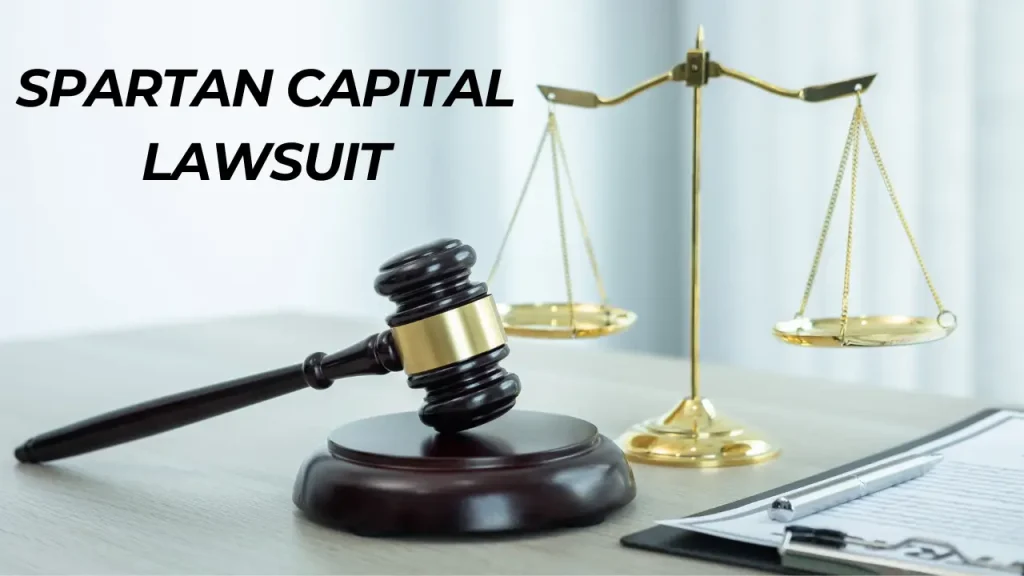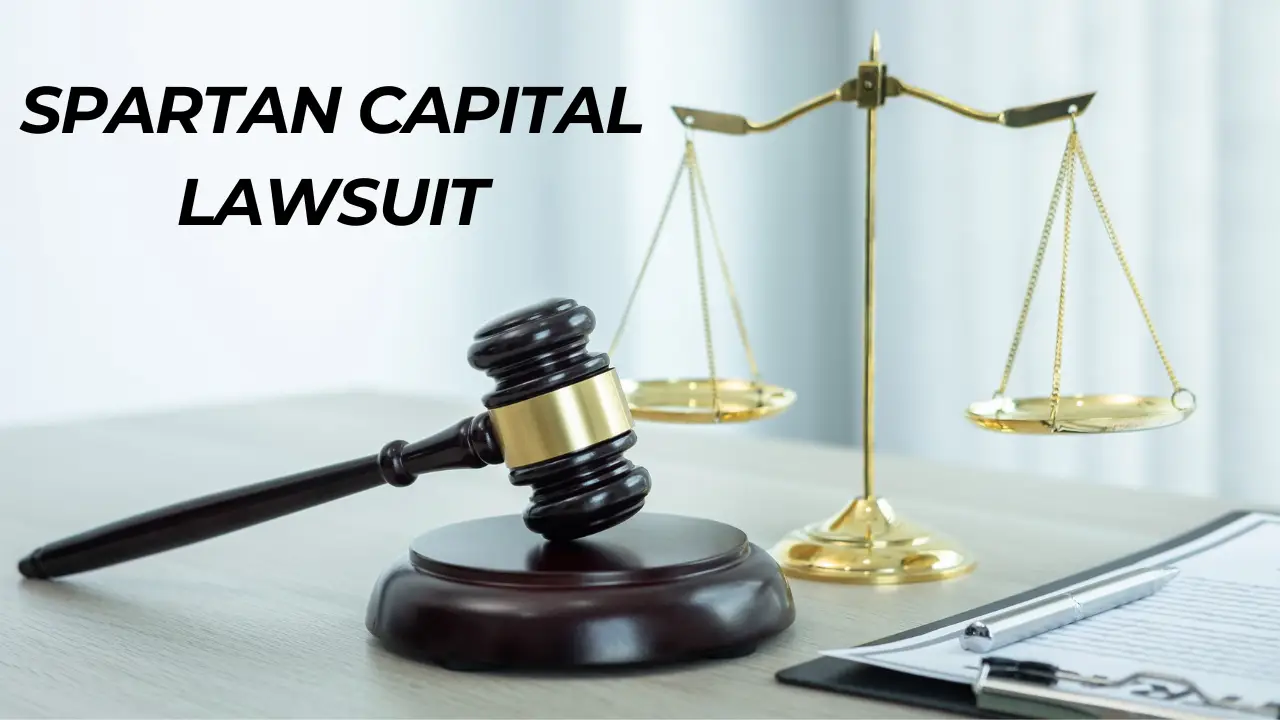
Spartan Capital Lawsuit, Spartan Capital is a financial services company that provides investment and trading solutions to its clients.
It offers various financial products, including stocks, bonds, and mutual funds. Over the years, it has built a reputation in the industry for its investment services.
What Led to the Lawsuit?
The Spartan Capital lawsuit stems from allegations of misconduct and improper practices by the company. Clients and regulators have raised concerns about how Spartan Capital handled investments, provided financial advice, and managed client accounts. The lawsuit accuses the company of failing to meet industry standards and acting in ways that harmed investors.
What Are the Main Claims in the Lawsuit?
The lawsuit against Spartan Capital includes several key claims:
- Mismanagement of Funds: Allegations that Spartan Capital mismanaged client investments, leading to significant financial losses.
- Fraudulent Activities: Accusations of misleading clients about the risks and returns of their investments.
- Breach of Fiduciary Duty: Claims that Spartan Capital did not act in the best interests of its clients, violating its fiduciary responsibility.
How Has Spartan Capital Responded?
In response to the lawsuit, Spartan Capital has denied the allegations and stated that it is committed to upholding high ethical standards.
The company argues that it followed all legal and regulatory requirements and that the claims against it are unfounded.
What Are the Possible Outcomes of the Lawsuit?
The outcome of the Spartan Capital lawsuit can vary depending on the court’s findings. Possible outcomes include:
- Settlement: Spartan Capital may reach a settlement with the plaintiffs to resolve the claims without going to trial.
- Dismissal: The court may dismiss the case if it finds insufficient evidence to support the claims.
- Judgment: If the case goes to trial, the court may rule in favor of either party, leading to financial penalties or other legal consequences for Spartan Capital.
How Could This Impact Investors?
The Spartan Capital lawsuit could have several impacts on investors:
- Financial Compensation: Investors who were harmed may receive financial compensation if the lawsuit results in a settlement or judgment in their favor.
- Regulatory Changes: The case could lead to changes in regulations or practices within the financial services industry to prevent similar issues in the future.
- Market Confidence: The lawsuit may affect investor confidence in Spartan Capital and potentially in other financial firms if similar issues are exposed.
What Are the Legal Costs Involved?
The legal costs associated with the Spartan Capital lawsuit can be substantial. These costs include:
- Legal Fees: Both parties will incur legal fees for their attorneys, which can be significant, especially for complex cases.
- Court Costs: There may be additional costs for filing fees, court appearances, and other legal proceedings.
- Potential Settlements: If Spartan Capital chooses to settle, it may involve paying a substantial amount to resolve the claims.
How Is the Lawsuit Being Monitored?
The Spartan Capital lawsuit is being monitored by various stakeholders:
- Regulatory Agencies: Agencies such as the Securities and Exchange Commission (SEC) may keep track of the case to ensure compliance with financial regulations.
- Media Outlets: News organizations report on the lawsuit, providing updates and analysis of the case’s progress.
- Investors and Analysts: Investors and financial analysts watch the case closely to assess its potential impact on the financial markets and investment practices.
What Can Investors Do?
Investors concerned about the Spartan Capital lawsuit can take several steps:
- Seek Legal Advice: Consulting with a legal professional can help investors understand their rights and options regarding the lawsuit.
- Review Investments: Investors should review their investments with Spartan Capital to assess any potential impact from the lawsuit.
- Stay Informed: Keeping up-to-date with news and developments related to the case can help investors make informed decisions.
Pros and Cons of the Spartan Capital Lawsuit
| Pros | Cons |
|---|---|
| Increased Transparency: The lawsuit can lead to greater transparency in financial practices. | Financial Uncertainty: The lawsuit may create financial uncertainty for investors and the company. |
| Regulatory Reforms: It might prompt regulatory reforms to improve industry standards. | Legal Costs: Both parties may incur significant legal costs, impacting their finances. |
| Potential Compensation: Investors may receive compensation if they are found to have been harmed. | Reputation Damage: The company’s reputation may suffer, affecting its market position. |
| Improved Practices: The case can lead to better practices and protections for investors. | Time-Consuming: The legal process can be lengthy and time-consuming. |
The Spartan Capital lawsuit represents a significant legal battle that could have wide-ranging effects on investors, the company, and the financial services industry.
By understanding the details of the case and its potential outcomes, stakeholders can better navigate the implications and make informed decisions.
Conclusion
The Spartan Capital lawsuit is a critical legal case that highlights important issues in the financial services industry.
The allegations against Spartan Capital include mismanagement of funds, fraudulent activities, and breaches of fiduciary duty. As the case progresses, its outcomes could have significant consequences for both the company and its investors.
Investors should stay informed about the developments in this lawsuit, as it may affect their investments and the overall trust in financial firms. Monitoring the case, understanding potential impacts, and seeking professional advice are essential steps for anyone involved.
While the legal process can be complex and time-consuming, it offers an opportunity for greater transparency and improved industry practices.
Overall, the Spartan Capital lawsuit underscores the importance of ethical standards and accountability in financial services. By addressing these issues, the industry can work towards better practices and greater protection for investors.


